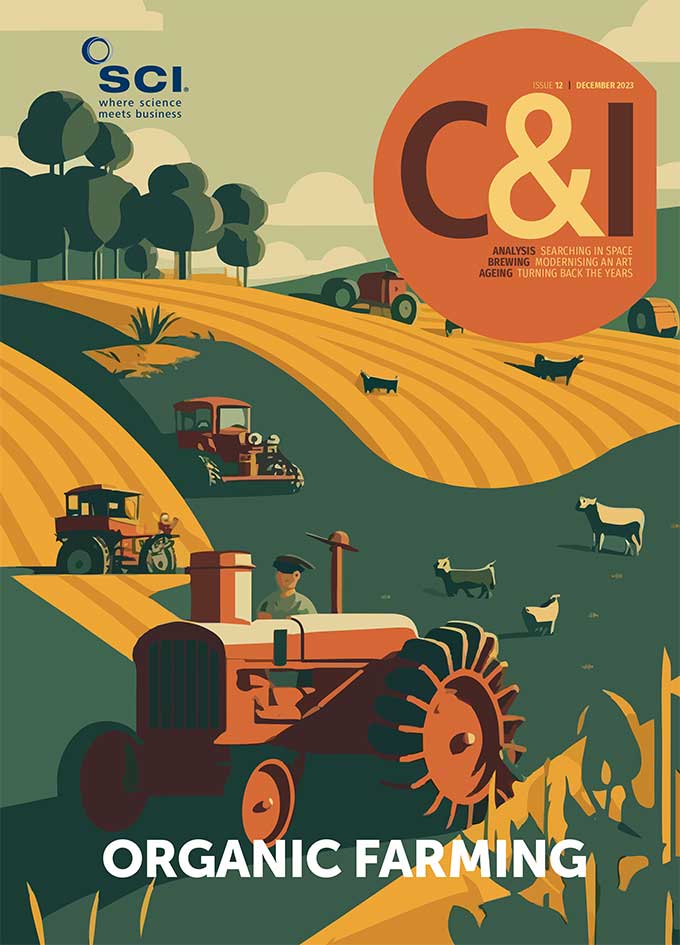BY MARIA BURKE | 21 DECEMBER 2023
A “Noah’s ark” of microbes has opened in the UK.
The UK Crop Microbiome Cryobank (UK-CMCB) is the first publicly available resource of its kind anywhere in the world.
It will preserve important crop microbiome samples obtained from six food crops cultured in three different UK soil types. With a greater understanding of the composition of microbiomes and their functions, researchers hope to optimise crop yields and improve sustainability.
The facility focuses on the microbes associated with the roots of crop plants or in unplanted bulk soil. It contains living fungi, bacteria, archaea (single-celled microorganisms) and viruses from barley, oats, faba bean, oil seed rape, sugar beet and wheat as well as genomic and metagenomic sequences (DNA) from the crop root environment.
Researchers will be able to source data and samples for their work. The samples will be maintained for generations using cryotechnology (liquid nitrogen).
‘These valuable crop microbial samples, forming a unique snapshot in time, are a vital resource for scientific researchers investigating how to ensure food security amid a range of challenges, including the impact of climate change on crops,’ explains Matthew Ryan, Curator of the Genetic Resource Collection at CABI, a not-for-profit organisation that applies scientific expertise to agriculture. ‘[The Cryobank] is the first synchronised resource covering the total microbiome of a variety of crops in standardised soil types.’‘The UK-CMCB allows us to better understand the profile and function of microbes in our soils, which is important in advising farmers how to produce more sustainable crops,’ says Tim Mauchline, a microbiologist at Rothamsted Research, UK. ‘Advancing research on biological solutions to mitigate crop pests and diseases is also imperative to help ensure the UK’s food security at a time when chemical fertilisers and pesticides are in the spotlight amid the growing concerns of climate change.’





